Historians reveal how Nazi Germany once envisioned bringing America to its knees if victory in Europe was secured.
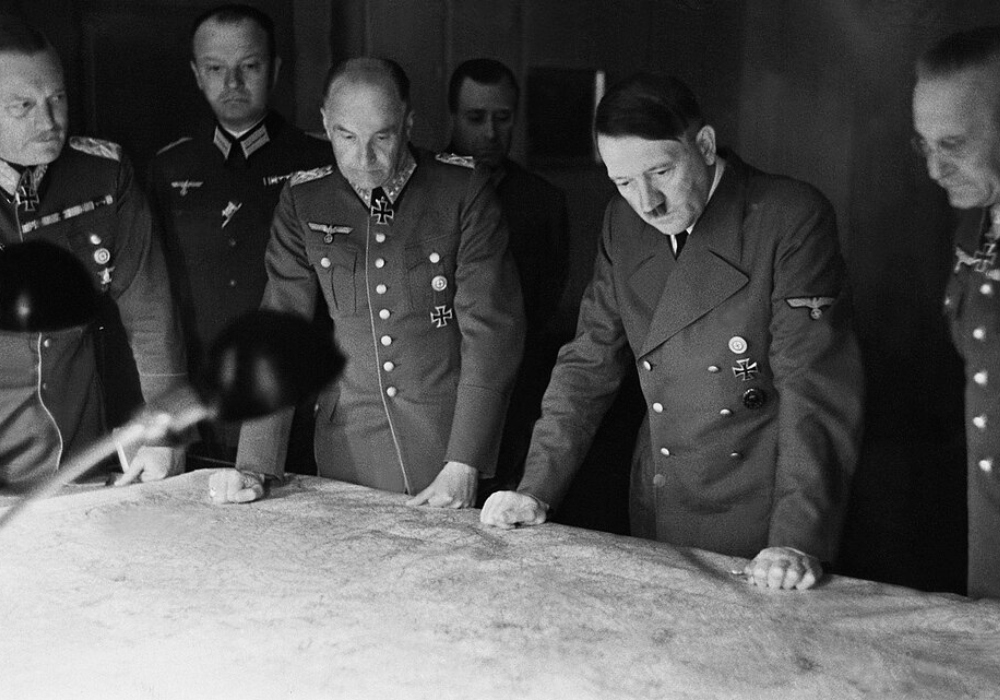
Imagine a world where the Nazis had won World War II and Adolf Hitler’s vision extended beyond Europe. While Hitler never produced a concrete plan to invade or govern the United States, declassified intelligence and Nazi-era documents reveal he and his generals imagined a future where America would be weakened, isolated, or eventually brought under German influence. From long-range bombers to propaganda efforts, the regime saw the U.S. as both a rival and a long-term obstacle. Historians now piece together what Hitler’s chilling ambitions for America might have looked like had Germany triumphed.
1. Hitler Never Planned a Direct Invasion of the U.S.

Despite popular myths, historians agree Hitler never created a formal plan to invade the United States. His military focus remained on Europe and the Soviet Union, not North America.
However, Hitler viewed the U.S. as a future threat because of its industrial power and democratic ideals. If Germany had won in Europe, he expected eventual confrontation. Rather than invasion, Nazi strategy centered on undermining America’s influence globally and preventing it from rebuilding the balance of power after Europe’s fall, as recorded by the History Channel.
2. The “Amerika Bomber” Project Aimed to Strike U.S. Cities
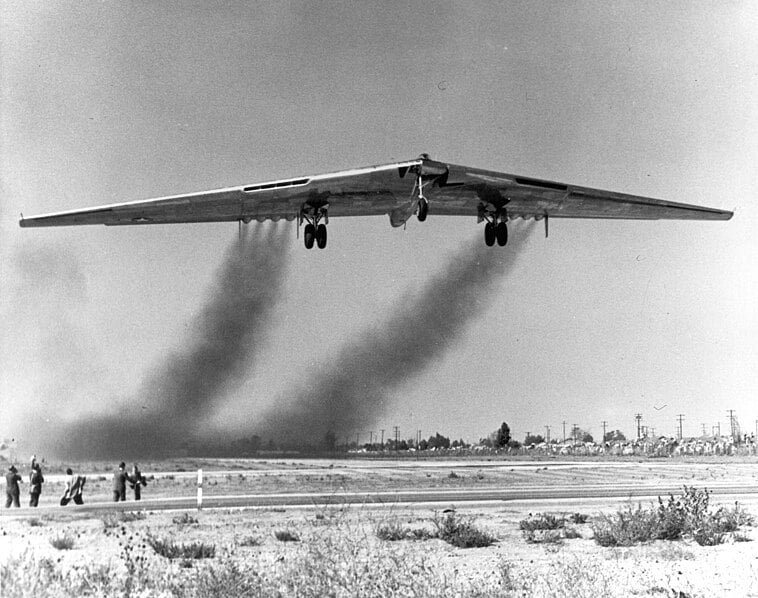
One of the most ambitious Nazi proposals was the “Amerika Bomber” program, a long-range aircraft designed to bomb the East Coast of the United States from Europe.
The Luftwaffe commissioned prototypes from German aircraft manufacturers like Messerschmitt and Junkers. Though none reached operational status, the goal was to hit New York City, Washington, or industrial centers as symbols of U.S. vulnerability. The project reflected Hitler’s belief that air superiority and psychological warfare could weaken American morale without a ground invasion, as shared in the Museum of American History.
3. Nazi Leaders Envisioned Dividing the Western Hemisphere
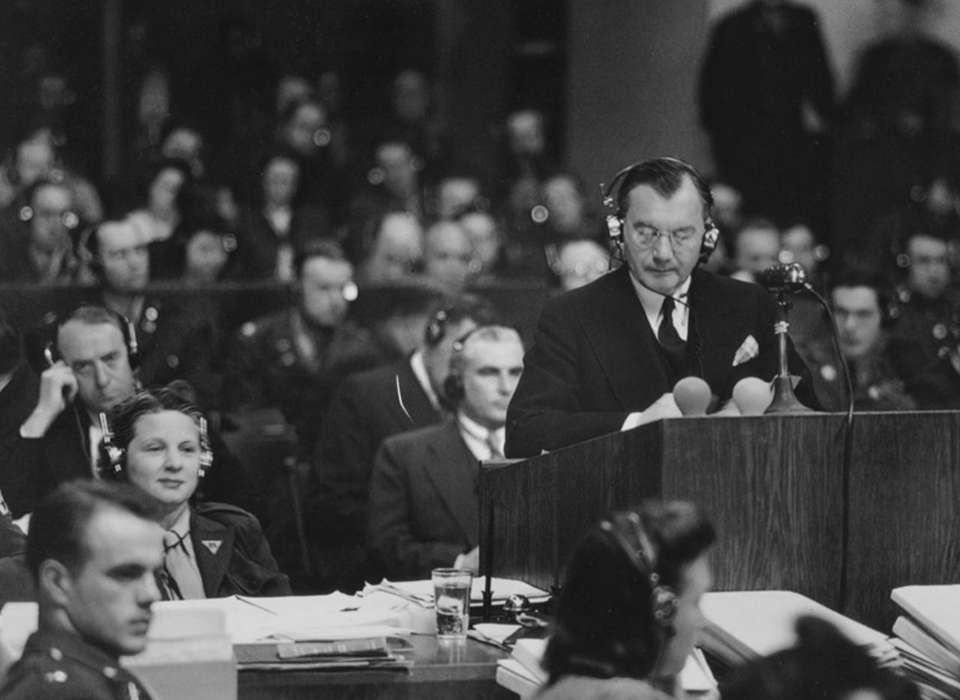
Documents and postwar interrogations suggest Hitler’s strategists discussed dividing global influence among Axis powers. Germany would dominate Europe and Africa, Japan would control Asia and the Pacific, and the Americas would eventually fall under German “political correction.”
Historians say this wasn’t a detailed plan but a speculative long-term vision. If the U.S. remained defiant after Europe’s defeat, Nazi leadership imagined isolating it diplomatically and economically—turning it into a second-tier power surrounded by Axis-controlled allies, according to Stimson.
4. Economic Warfare Was Central to Hitler’s Vision

Hitler believed that controlling global trade routes and raw materials would ultimately subdue the United States. Nazi economic planners imagined a postwar world in which German-controlled Europe could outproduce and outmaneuver the U.S. economically.
Had Germany won, America’s access to critical markets and resources—especially in Europe, Africa, and the Middle East—would have been sharply limited. This economic isolation, not direct conquest, was seen as the way to cripple American influence and ensure German dominance.
5. Propaganda Targeted American Public Opinion
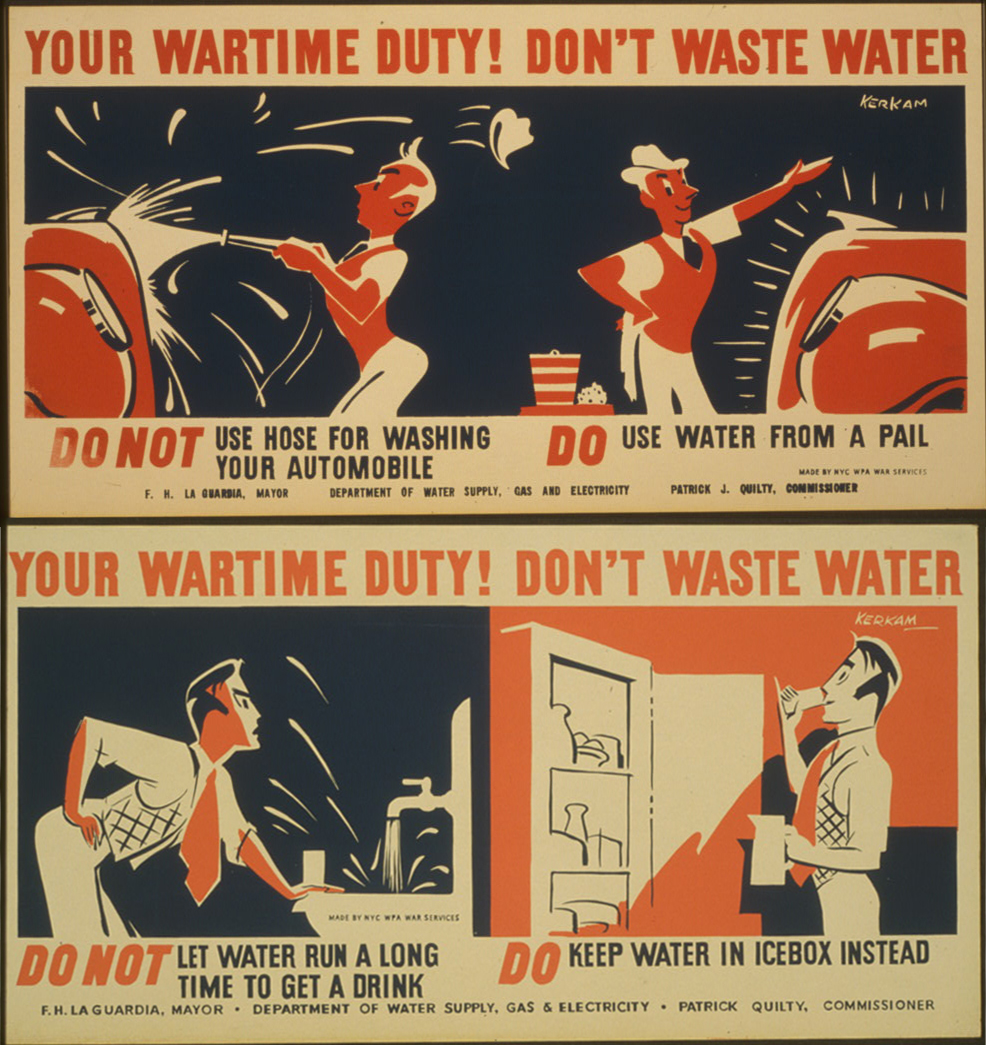
Nazi Germany actively tried to influence American sentiment even before the U.S. entered the war. Through sympathetic publications, front groups, and German-American organizations, the regime promoted isolationism and distrust of Britain and Jewish communities.
Had Germany won in Europe, propaganda would likely have expanded into psychological campaigns aimed at weakening American unity. Scholars say Hitler admired the power of mass communication and would have used it to sow division across U.S. politics, race relations, and ideology.
6. Nazi Naval Ambitions Reached Across the Atlantic
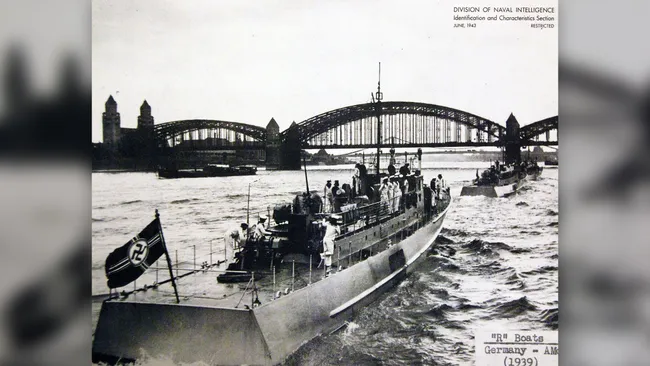
The German Navy, or Kriegsmarine, dreamed of extending its power across the Atlantic. Admiral Karl Dönitz envisioned a “fortress Europe” protected by submarines capable of attacking shipping lanes to North America.
If Germany had triumphed, these operations might have intensified, cutting off U.S. trade routes and projecting Nazi naval power near American shores. The Atlantic Wall defenses built during the war showed how seriously Germany took the idea of controlling both sides of the ocean.
7. Scientists Explored Long-Range Rocket Attacks
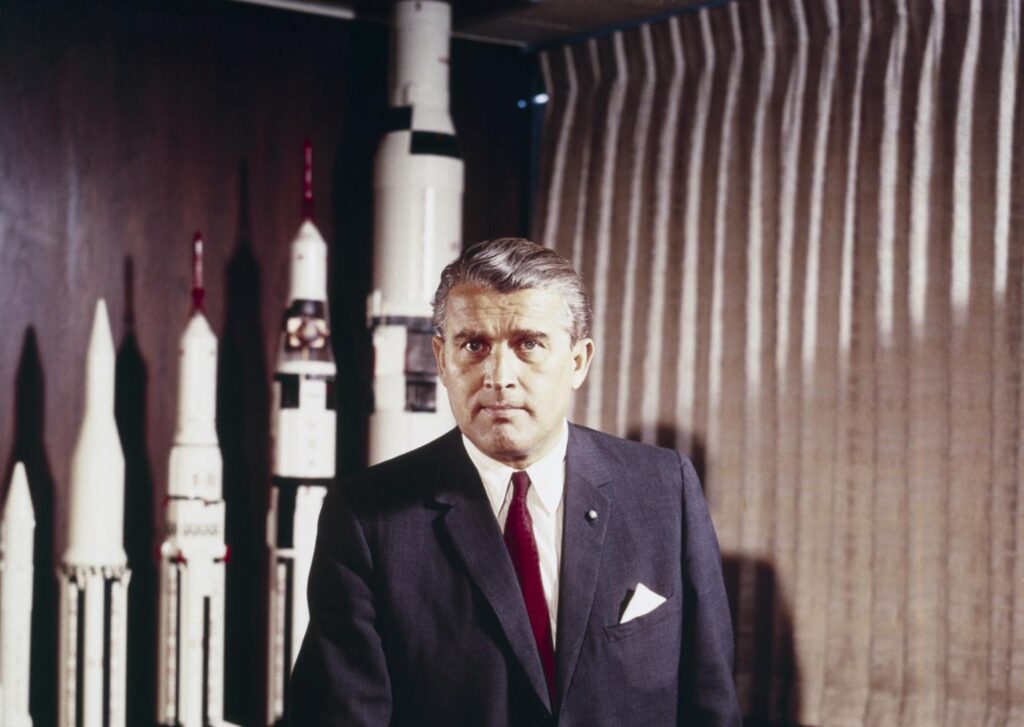
Nazi engineers, including Wernher von Braun, developed the V-2 rocket—one of the first ballistic missiles. Toward the end of the war, there were conceptual discussions of a “V-3” or intercontinental missile capable of reaching America.
While no such weapon was completed, the concept highlights the regime’s obsession with technological superiority. If the war had continued and Germany gained control of Europe’s resources, experts believe these weapons could have evolved into genuine transatlantic threats.
8. A Nazi Victory Would Have Reshaped the Western Hemisphere
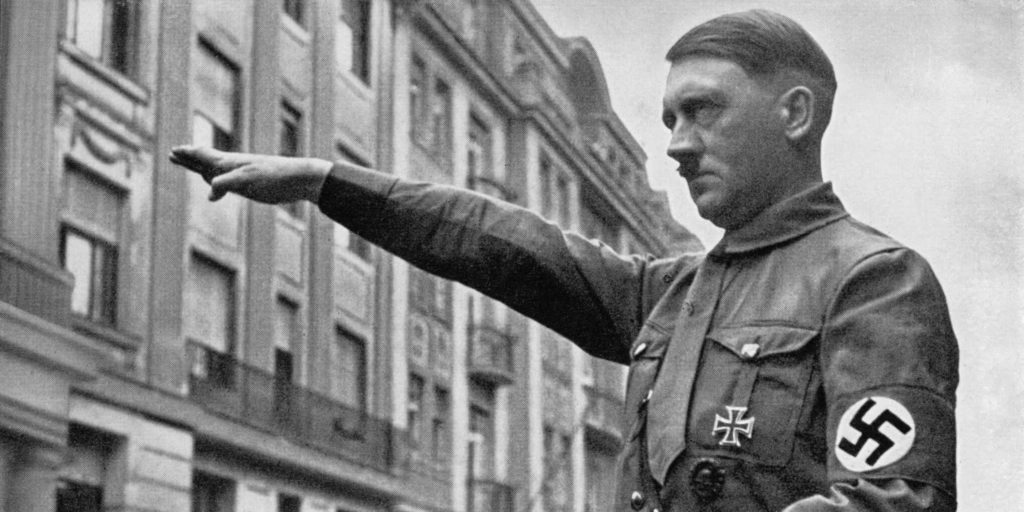
Hitler’s ideology viewed the Western Hemisphere as an eventual battleground for influence. Nazi diplomats courted South American nations like Argentina and Brazil, hoping to spread fascist sympathies.
If Germany had defeated the Allies, those connections could have expanded. Some intelligence reports suggest the Nazis planned to support friendly regimes in Latin America as a way to encircle and politically pressure the U.S., undermining its influence across the hemisphere.
9. American Democracy Was Seen as an Enemy of Fascism

In Mein Kampf and later speeches, Hitler portrayed democracy as weak, decadent, and incompatible with his vision of world order. He believed the U.S., with its diverse population and democratic ideals, stood in ideological opposition to Nazism.
A German victory would likely have fueled propaganda depicting democracy as a failed system. In Hitler’s imagined postwar world, nations modeled on fascism—not free elections—would define political legitimacy. America’s democratic model could have been isolated or demonized in global discourse.
10. Jewish Refugees in the U.S. Would Have Been Targeted
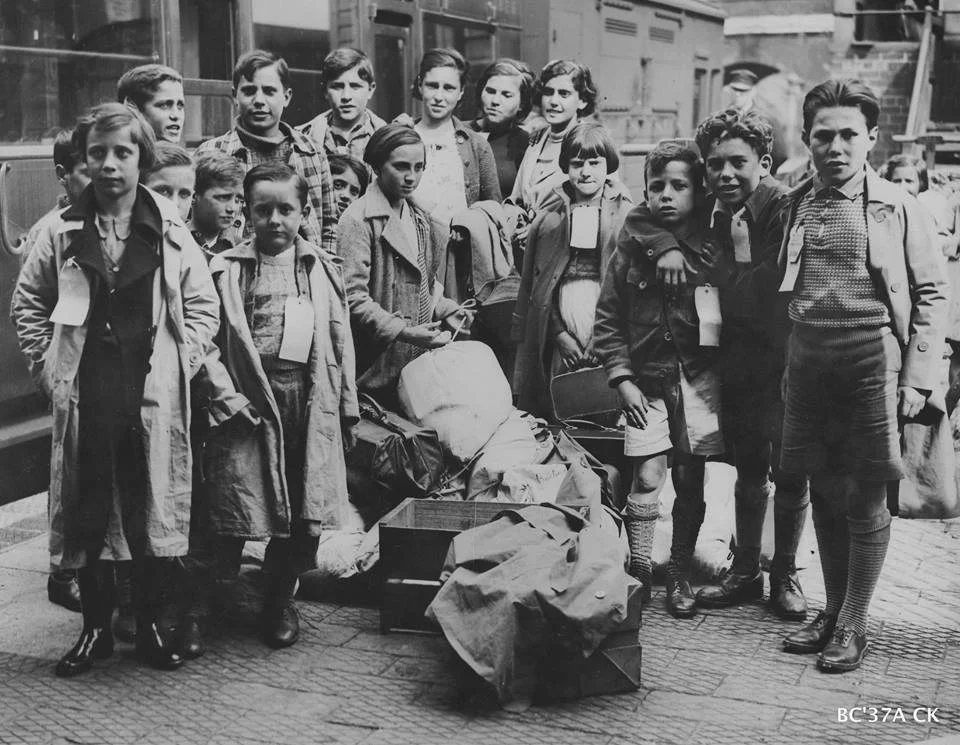
Nazi ideology was rooted in antisemitism, and Hitler often framed the United States as being controlled by “Jewish influence.” Had Germany won, it’s likely Nazi propaganda would have turned its attention toward Jewish communities in America.
While a full-scale persecution campaign on U.S. soil wasn’t logistically possible, Nazi efforts could have included diplomatic and propaganda campaigns to marginalize Jews internationally, spreading antisemitic ideology through conquered territories and sympathetic movements abroad.
11. U.S. Culture and Media Would Have Been Suppressed Abroad

Hitler viewed American culture—especially jazz, Hollywood films, and free press—as symbols of moral decay. In a Nazi-dominated world, these cultural exports would likely have been banned or replaced with state-approved art glorifying the regime’s ideals.
German authorities already censored American music and films during the war. A global victory would have expanded this censorship internationally, erasing much of the cultural exchange that defined the 20th century. America’s soft power would have been effectively neutralized.
12. Hitler’s Ultimate Goal Was Global Domination, Not Containment
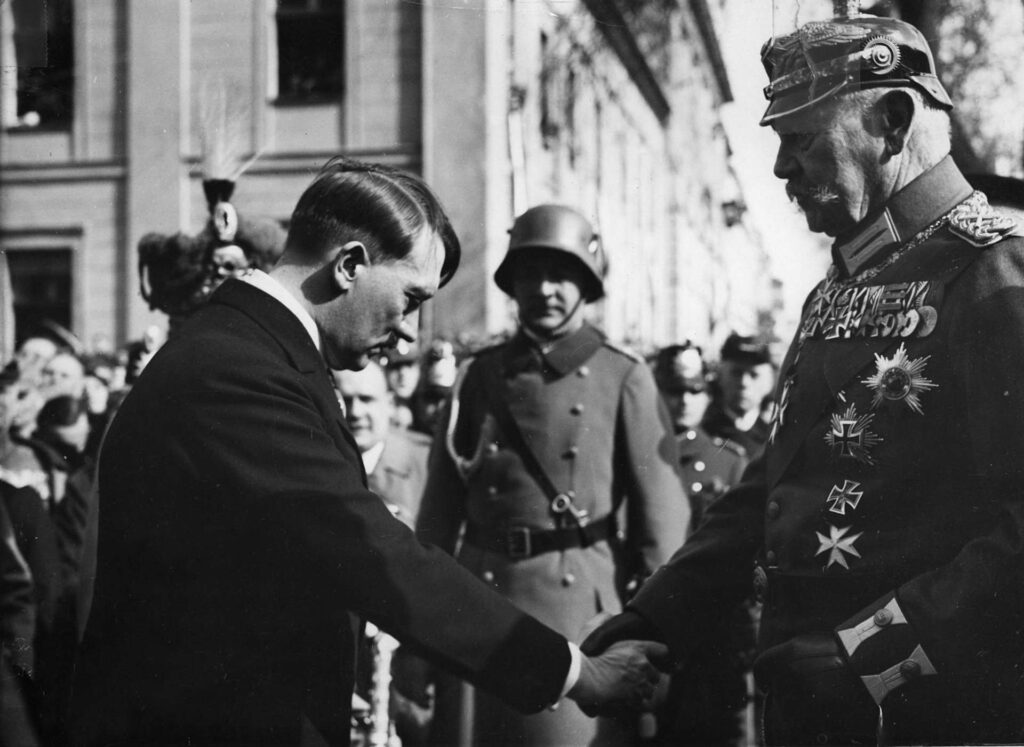
While the U.S. wasn’t Hitler’s immediate focus, his ideology envisioned a world under total authoritarian control. Once Europe, Africa, and Russia were subdued, historians believe he saw confrontation with the U.S. as inevitable.
Hitler’s writings and speeches reveal an obsession with shaping global civilization according to Nazi ideals. Had he succeeded in Europe, America would eventually have faced enormous pressure—through propaganda, economic warfare, and potential military confrontation—to submit to a world order built on fear, hierarchy, and racial supremacy.
